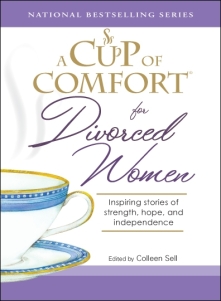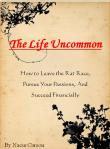For many years, this blog told stories of our adventures with autism, something that was completely new for me when my children were diagnosed, all three of them. We did the therapies, we made the concessions, we shared the stories and learned from all of yours.
During that time, I wrote a manuscript that starred a teenager with autism. She becomes part of a young adult fantasy tale, a quest to save the universes from dying. I based her on vignettes from my own children, the odd way her language comes sometimes, the black and white thinking that makes things like idioms a challenge–or unintentionally humorous.
After some attempts to get it published, I shelved it, thinking maybe the world wasn’t ready for this. But with the success of THE GOOD DOCTOR, and some other indications that autism awareness is becoming more mainstream, I tried again.
 I am proud to announce that THE LOST CHORD is being published by Dragonfly Publishing this spring. Not only is there a great story told, but the other teens in the story learn about autism, and the value of Bee’s thinking outside the box. Here’s an excerpt:
I am proud to announce that THE LOST CHORD is being published by Dragonfly Publishing this spring. Not only is there a great story told, but the other teens in the story learn about autism, and the value of Bee’s thinking outside the box. Here’s an excerpt:
Miss Fry appeared puzzled. “Yes, Bee just came to get that. She said she couldn’t take the whole project, but she needed that rock.” She shrugged. “It’s hard to tell with her sometimes. But she’s come a long way.”
“I—I don’t know a lot about autism, Miss Fry. Is she gonna be okay sometime? I mean, will she get better? You know, be like everyone else?”
“Will she ever be like you, or me? Probably not. There’s an ongoing debate among the Powers that Be and parents about ‘curing’ those with autism by various means, but it seems to me that would be doing those individuals a disservice.”
“You mean they want to be—broken?”
“They aren’t broken, Cory. They have many unique characteristics and gifts that might be changed forever if they were made to be ‘like everyone else.’ But certainly we can help them communicate better, succeed in their own way. Like this.”
She tapped the poster board with a smile. “As an independent student, Bee can accomplish a small focused project with excellence, whereas in a class of thirty students, she gets lost and can’t be heard.”
I’m very excited at the chance to teach people about the wonders of our kids. One thing that would help would be reviews by people with knowledge of the subject. I can get you review e-copies in advance of our May launch, if you’re willing to read and share your opinion of the book. If you like it, I’d be glad to guest post on your blog as well, to spread the word.
You can also like our Facebook page and register at our blog to get more information as we get closer. Endorsements would be great to add to our page as well! Fans of the book will be invited to join a special club called the Chordians, where they will get special prizes and more content.
If you can help me out, and are interested in any of these options, please contact me at lyndialexander at gmail dot com, or leave a message in the comments on this post. I hope you’ll join me in the next step of this grand adventure!






